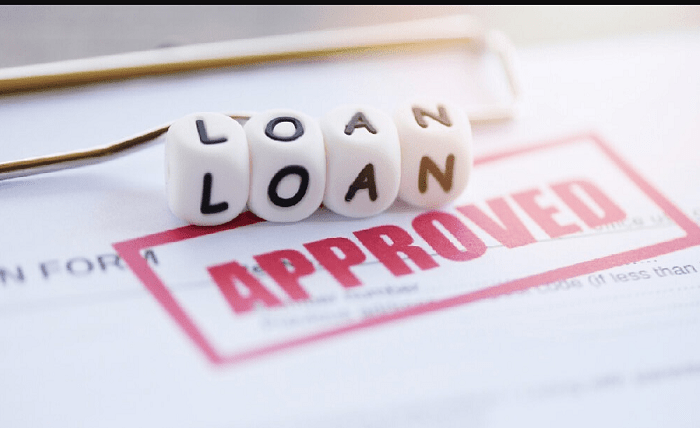
When you must quickly access money for time-sensitive property transactions, getting a bridging loan might be a calculated decision. Bridging loans provide speed and flexibility whether your purchase is at auction; you are completing a property chain, or funding repairs. Understanding what lenders are looking for and preparing ahead can help you to raise your chances of success. By approximating expenses and feasibility, using instruments like the bridging loan calculator by Bridge Loan Direct may also help you more precisely prepare your application. From solid exit plans to comprehensive paperwork, every element will affect the result of your application.
Learn the Lender’s Criteria before Starting
Every lender has different approval standards; knowing them can save you time and raise your chances of acceptance. While some people are more worried with the worth of the property and your repayment schedule, others pay great attention on credit history. Usually secured against property, bridging loans demand that the asset satisfy lender criteria for location, condition, and market value. Before applying, be sure you check the particular criteria of your selected lender. This covers approved property forms, minimum and maximum loan amounts, and maximum loan-to– value ratios. Knowing your lender’s expectations lets you match your application to their priorities.
Create a clear, viable exit strategy
Showing how you want to pay back the loan is one of the most important elements in having a bridging loan authorized. Lenders use this repayment schedule—which is sometimes referred to as an exit strategy—to evaluate your loan risk. Typical departure plans call for selling the house, refinancing with a conventional mortgage, or leveraging anticipated money from another source. Lenders may refuse to grant your loan if your exit plan sounds vague or unduly ambitious. A robust exit strategy gives lenders peace of mind knowing you are a low-risk borrower with a good plan.
Keep a good credit profile
Although bridging loans are usually more flexible than regular mortgages, the approval procedure still depends on your credit history. A good credit profile indicates to lenders that you probably make regular repayments and handle debt sensibly. Check your credit record and fix any existing problems including inaccuracies or unpaid debt before applying. Additionally beneficial are lowering credit card balances and avoiding late payments in the months before your application. Good credit generates confidence for possible lenders.
Present accurate and thorough documentation
Often the cause of delays or rejections in the bridging loan application is incomplete or erroneous documents. Get all required documentation ahead of time, including identity, proof of income, property data, and pertinent legal records, to help to avoid this. As this shows your seriousness and competence, make sure all documents are well displayed and current. Review the lender’s documentation checklist twice to be sure nothing is lacking when you apply. Clearly presented, orderly material will greatly increase your chances of approval.
Making your prospects of a bridging loan accepted more likely calls for preparation, planning, and meticulousness. Every action improves your application, from proving a clear exit strategy to keeping a strong credit profile and offering correct documents. Working with seasoned experts and knowing lender expectations can help you even more increase your success percentage. Whether you own a house or invest, bridging loans may be a great financial instrument when utilized sensibly. Before applying, think about utilizing the bridge loan direct bridging loan calculator to better understand your loan choices and payback projections. With the correct strategy, you will boldly and fast get the money you require.




